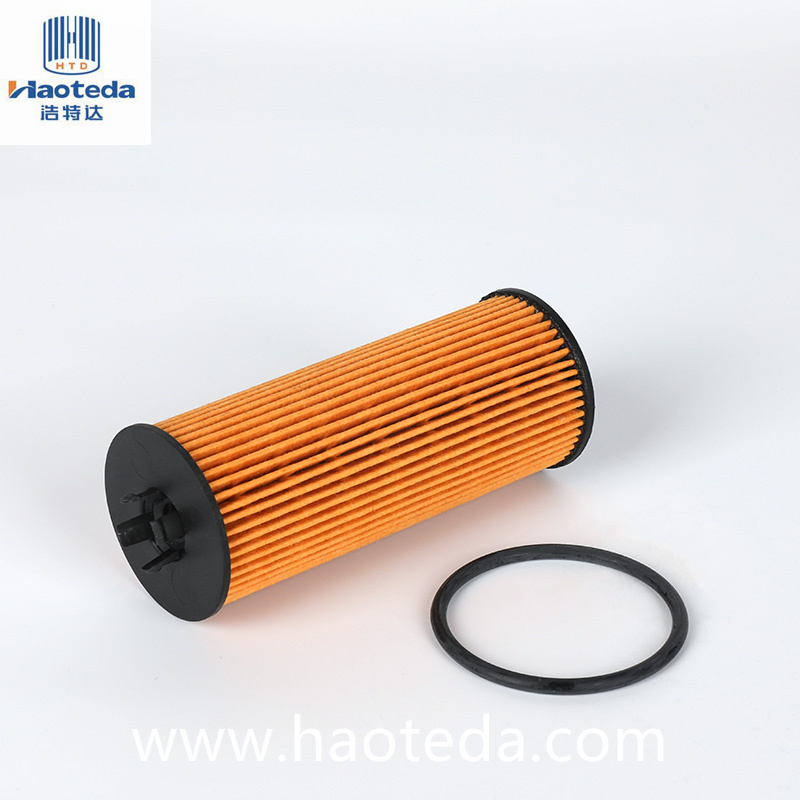Paper element oil filters, with their fine filtration capabilities, are often seen as reliable for standard automotive engines, but their use in more rigorous environments requires deeper consideration. So, the question is: can these filters stand up to the tough demands of engines that operate in extreme conditions, like heavy-duty trucks, construction machinery, or high-performance equipment?
First, let’s look at the versatility of paper element oil filters. These filters are designed with pleated paper, which offers a larger surface area for capturing contaminants while maintaining efficient oil flow. The fine weave of the paper ensures that even the smallest particles are trapped, preventing them from circulating through the engine. For regular engines, this provides reliable filtration, but in more demanding settings—where oil temperatures can vary drastically, and equipment may be subjected to high-stress loads—the paper element filter needs to be able to withstand harsher conditions.
For heavy-duty machinery, such as construction equipment or trucks, the filter must be able to handle higher oil flow rates and maintain its structural integrity even in high-pressure environments. The filter paper in such cases must be more durable and designed to resist the stress of constant use under heavy loads. Fortunately, many manufacturers have optimized paper elements to accommodate these higher performance demands, offering filters with reinforced pleats or specialized coatings that protect the paper from deterioration over time. The key here is ensuring the paper element is designed to handle the increased demand without sacrificing filtration quality.

Temperature extremes are another critical factor. Heavy-duty engines, especially those in industrial applications, often operate under extreme heat or cold, which can weaken certain types of filter paper or reduce their efficiency. But with modern advancements in filter design, many paper element oil filters are treated to resist the effects of temperature fluctuations. These filters can maintain their performance even in environments where the oil temperature regularly exceeds standard operating ranges. So, whether the engine is working in a high-temperature environment like an asphalt plant or exposed to cold starts in winter, the right paper element oil filter will keep the oil clean and flowing smoothly.
It’s not just about the physical demands, though. Specialized engines, such as those in racing or military applications, have their own set of unique requirements. In these cases, the paper element oil filter needs to go above and beyond standard specifications. Filters are often customized for these applications, designed with enhanced filtration capabilities or specialized materials that ensure optimal performance under very specific conditions. For example, certain high-performance engines might require filters with finer paper or additional layers to catch more minute particles, all while handling the increased pressure and high RPMs associated with such engines.
While paper element oil filters are a strong choice for standard and heavy-duty engines alike, they can indeed meet the demands of specialized engines when designed with the right materials and construction. Whether you’re working with everyday machinery or pushing the limits of performance, a well-engineered paper element oil filter can offer the reliability and efficiency you need. It's all about selecting the right design that’s optimized for the specific engine requirements—whether that’s with reinforced pleats, high-temperature resistance, or custom modifications for high-performance machinery.
 English
English
 English
English Español
Español Français
Français
 +86-139-6774-0263
+86-139-6774-0263









